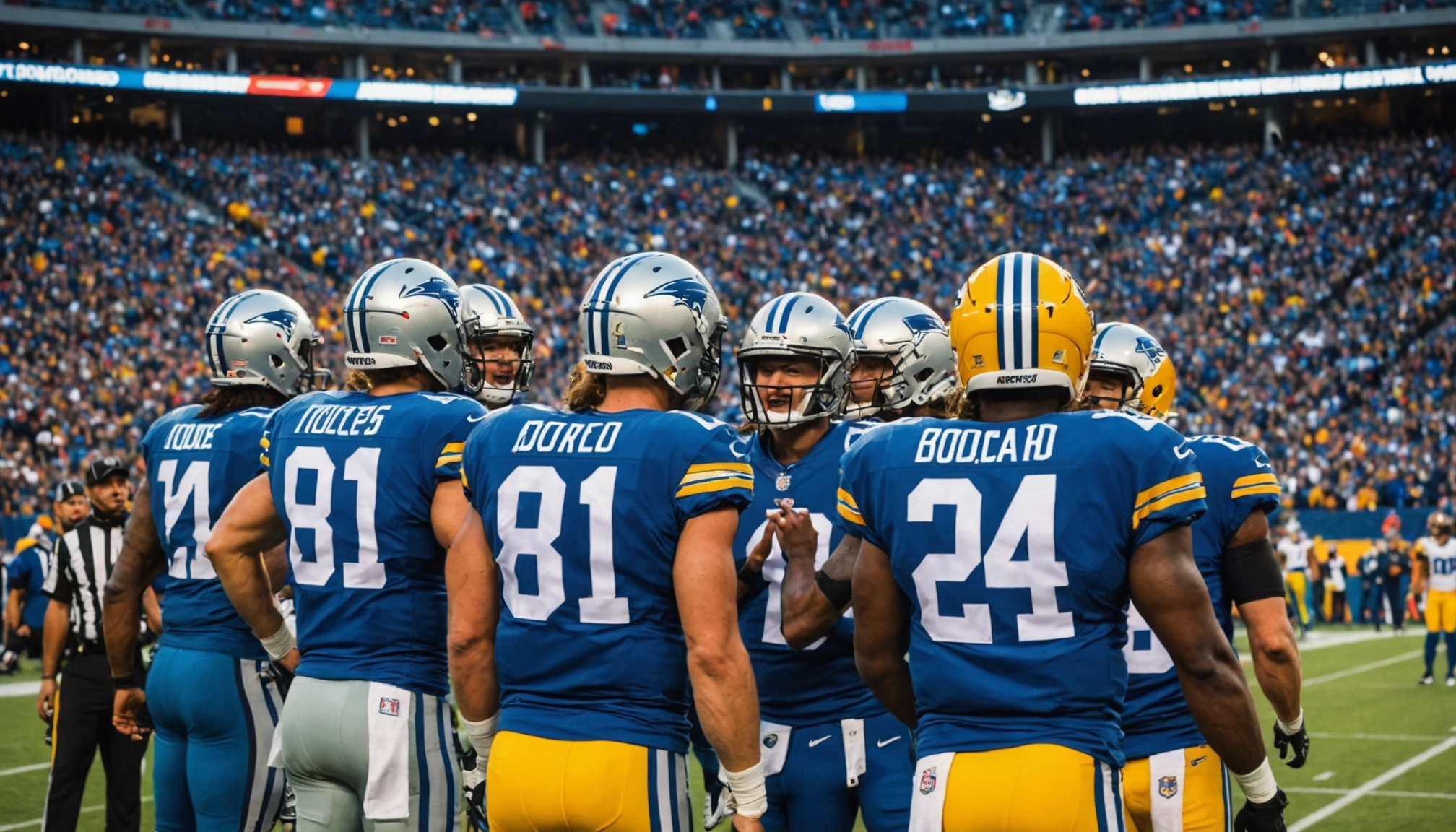Russell Martin's final Rangers interview analysed
Explore Russell Martin's final interview as Rangers head coach, the reasons behind his sacking, and what lies ahead for the club.

By Editorial
Introduction to Russell Martin's final Rangers interview
Russell Martin's tenure as Rangers head coach came to an abrupt end following a 1-1 draw at Falkirk, a result that left the club grappling with a disappointing start to the season. His final interview, given exclusively to BBC Scotland, offers insight into his mindset and the challenges faced during his time at Ibrox. In this article, we delve into the key points from that interview, analyse the factors behind his departure, and consider the implications for Rangers' future.
Key themes from Martin's final interview
In his last interview before being sacked, Martin expressed a mix of determination and realism. He acknowledged the club's struggles but remained hopeful about turning things around. His comments underscored the pressure on managers at top Scottish clubs, where expectations are sky-high and patience can be limited.
Martin emphasised team spirit and long-term vision, saying Rangers "will get there" despite recent setbacks. This optimistic outlook contrasted with the harsh reality of results and performance, which ultimately led to the club's decision to part ways with him.
Martin's reflections on team performance
Martin admitted that consistency was lacking and that the squad needed improvement to compete at the highest level. His candid assessment highlighted issues in defence and attack, which were evident during matches like the stalemate at Falkirk. Such transparency is rare and reflects a manager willing to confront uncomfortable truths.
Managerial pressures at Rangers
Managing a club with the stature of Rangers means every result is scrutinised. Martin's interview revealed the emotional toll and the challenges of meeting fans' and board expectations. His departure echoes a pattern seen in Scottish football, where managerial tenures can be short-lived if immediate success is not delivered.
The impact of Martin's sacking on Rangers
The decision to sack Martin came just hours after the Falkirk draw, illustrating the urgency felt by the club's hierarchy. This move aims to reset the team's trajectory ahead of the demanding fixtures that lie ahead. However, frequent managerial changes can disrupt squad cohesion and long-term planning.
Rangers now face the challenge of appointing a successor who can stabilise the team and restore confidence among supporters. The club's ambitions remain high, striving to compete domestically and in European competitions.
Lessons from past managerial changes
Historically, Rangers have experienced mixed results following mid-season managerial changes. Some replacements have injected fresh impetus, while others failed to halt downward spirals. Examining these patterns is crucial for understanding the potential outcomes of this latest decision.
Broader context: Rangers' current season challenges
Rangers' rocky start to the season reflects deeper issues beyond managerial leadership. Injuries, squad depth, and tactical inconsistencies have all contributed to underwhelming performances. The club's supporters and analysts alike have voiced concerns about the team's ability to meet expectations.
For instance, defensive frailties were exposed repeatedly, leading to dropped points in crucial matches. The 1-1 draw at Falkirk epitomised these struggles, where Rangers failed to secure a win against a lower-ranked opponent.
Comparisons with other clubs' managerial stability
Looking at other prominent Scottish clubs reveals that managerial stability often correlates with sustained success. For example, Celtic's longer managerial tenures have allowed for clearer team development, while Rangers have struggled with frequent changes. This context highlights the challenges faced by Martin and his successors.
What lies ahead for Rangers
Moving forward, Rangers must focus on rebuilding morale and reinforcing squad quality. The new manager will have the task of implementing a clear strategy and fostering unity within the team. Fans will be eager for quick improvements but must also recognise the time needed for meaningful progress.
In addition to on-field tactics, Rangers' leadership should prioritise long-term planning to avoid repeating cycles of instability. This approach could mirror strategies seen at other clubs highlighted in our Manchester United scores and fixtures guide 2024 25 season, where strategic patience is key.
Potential managerial candidates and expectations
Speculation about potential replacements is already rife, with some names linked to the role due to their experience in Scottish football or European competitions. The ideal candidate will need to balance immediate results with a sustainable vision, a task easier said than done.
Conclusion: Reflecting on Martin's legacy and Rangers' future
Russell Martin's final interview provides valuable insight into the complexities of managing one of Scotland's biggest clubs. While his departure marks the end of a challenging chapter, it also opens the door for new opportunities. Rangers must now harness this moment to rebuild and refocus on their ambitions.
For readers interested in wider sporting narratives, exploring stories like Molly Mccann's bold move boxing ambitions and UFC legacy offers fascinating perspectives on determination and career transitions in sports.
Related topics
Editorial
Sports expert at SportsScoop
Specialist in sports analysis and journalism
Related articles
Want to read more?
Explore our comprehensive collection of sports articles and analysis, or contact us for more information.



